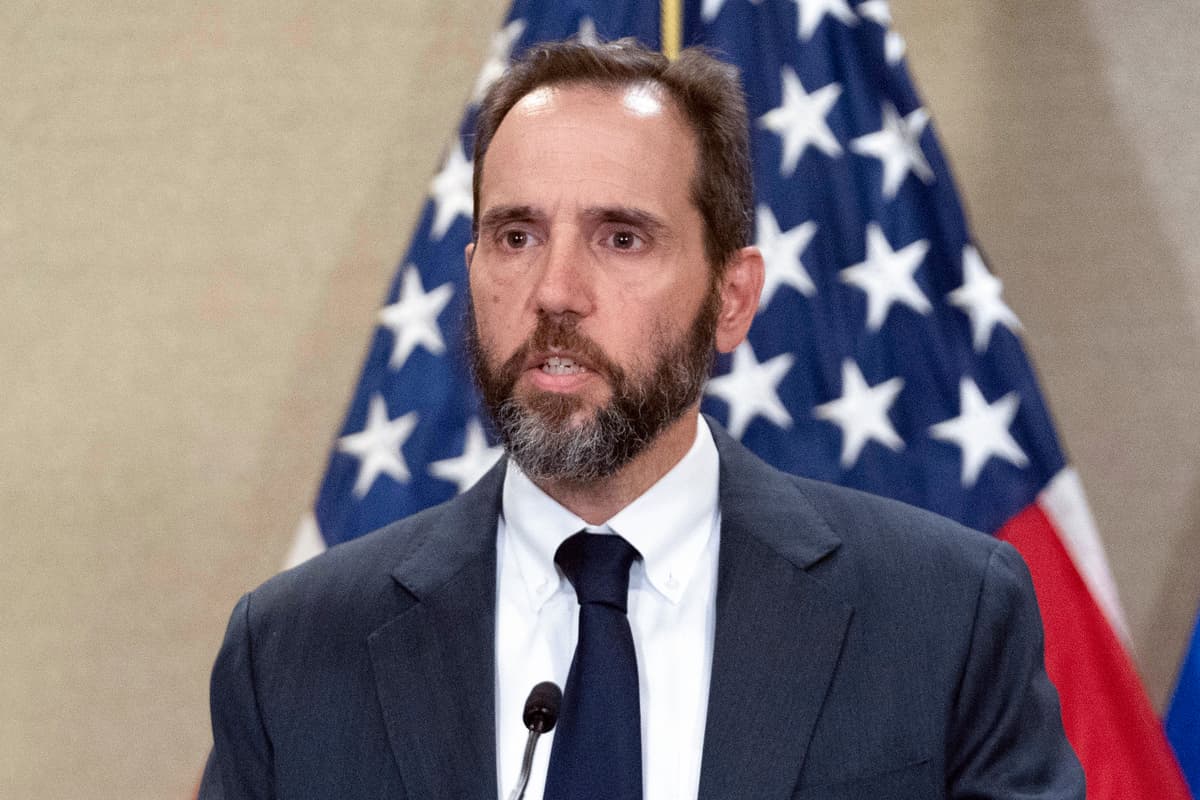Could Jack Smith Maneuver Around Judge Cannon and Bring a Second Documents Case Against Trump at D.C.?
A grand jury at the nation’s capital has not disbanded, raising the possibility that it could hand up its own charges.

The decision by Judge Aileen Cannon to cancel an August 25 hearing that was intended to discuss a protective order in the Mar-a-Lago classified documents probe could heighten Special Counsel Jack Smith’s desire for a fresh forum.
The judge noted that the proceeding will take place, under seal, to “discuss sensitive, security-related issues concerning classified discovery.” This despite the submissions in the case being filed publicly, available on the case’s docket. It is a setback for the government, which has requested the order.
A login link has been sent to
Enter your email to read this article.
Get 2 free articles when you subscribe.

